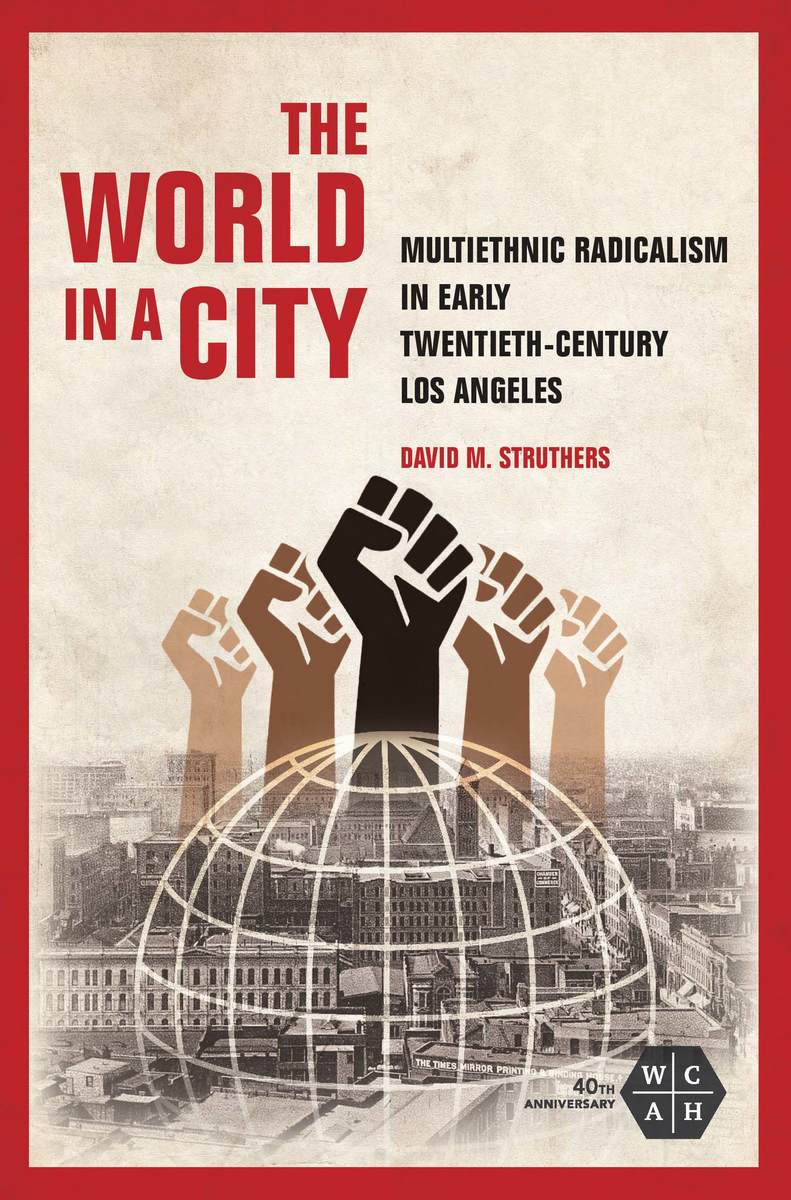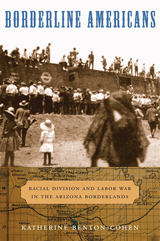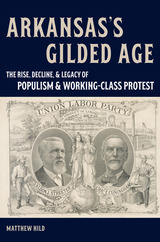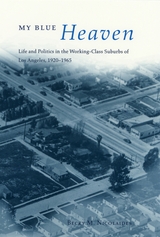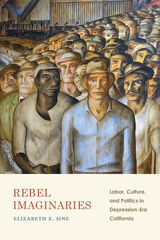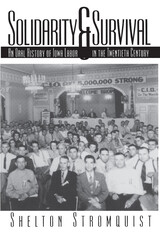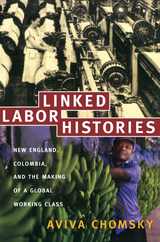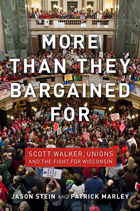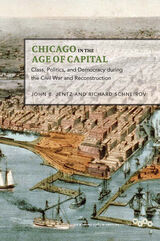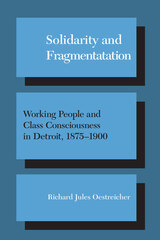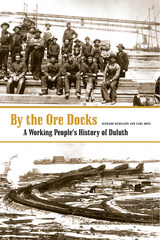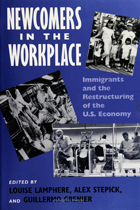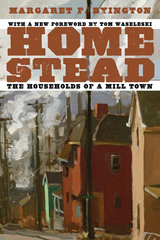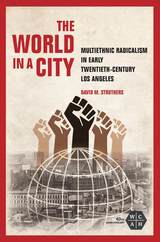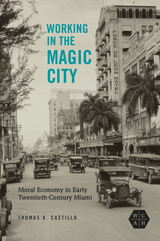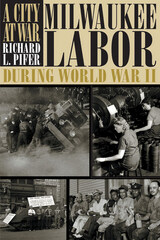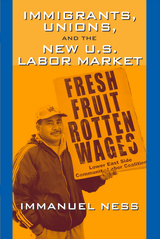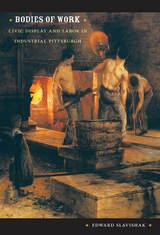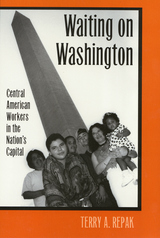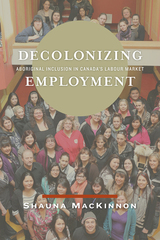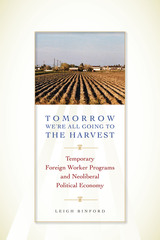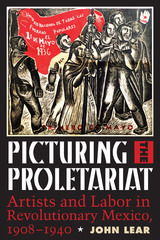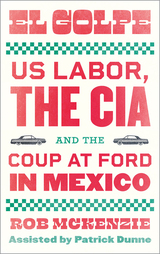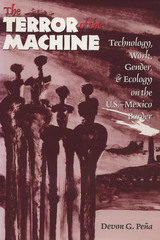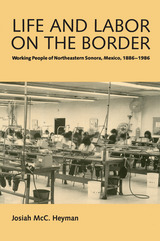Cloth: 978-0-252-04247-8 | eISBN: 978-0-252-05131-9 | Paper: 978-0-252-08425-6
Library of Congress Classification HD8085.L73S77 2019
Dewey Decimal Classification 331.88097949409
David M. Struthers draws on the anarchist concept of affinity to explore the radicalism of Los Angeles's interracial working class from 1900 to 1930. Uneven economic development created precarious employment and living conditions for laborers. The resulting worker mobility led to coalitions that, inevitably, remained short lived. As Struthers shows, affinity helps us understand how individual cooperative actions shaped and reshaped these alliances. It also reveals social practices of resistance that are often too unstructured or episodic for historians to capture. What emerges is an untold history of Los Angeles and a revolutionary movement that, through myriad successes and failures, produced powerful examples of racial cooperation.
See other books on: Intercultural communication | Labor movement | Los Angeles | Radicalism | Social Classes & Economic Disparity
See other titles from University of Illinois Press
